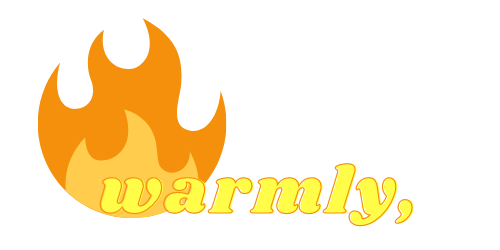The Davenport Cement Plant is visible from Davenport Main Beach, and most of the area. It towers above the town like a spooky amusement park ride for ghosts of cities past. Shuttered in 2010, the plant was once the source of many jobs in the area, and the city was founded on whaling by a man (Davenport, naturally) from New Bedford, a leading whaling city once the richest place per capita in the world and one of the highest-grossing fisheries into the 21st century (even if that gross didn’t extend to its residents, many of whom live in poverty).
Beyond the fish (scallops to be precise), New Bedford may seem to have relatively little going for it, and Davenport likewise, with a folk festival and a decent diner leading the list of Good Things in each Semi-Failed Place. The fates of these towns may not bode well for other cities in an age of climate change; anywhere founded on exploitation finds itself at risk of failure.
Still, there are the bright spots, the little hopes: vague plans to turn the old cement plan into a place for housing or hiking, to promote offshore wind research in New Bedford. Two coasts, many plans, an uncertain future we all share. But at least some of us are looking up (at the stars, etc).
A few weeks ago, I sat (looking up, at the clouds) in a parking lot shepherding local families through a beach cleanup at Davenport Main Beach. Parents and children picked up trash–a surprising amount of it, for a small area. Cigarette butts, beer cans, BuzzBalls. A class ring.
The way people treat the beach–as a place to leave things, not find them. As a place to use, not keep. I brought the buckets and grabbers and gloves people used to clean up. I counted up all the items people collected. I bagged the trash from the buckets and threw it in a dumpster. I tried.
A few years ago, I saw a family picnicking in Ocean Beach in San Francisco. When it was time to leave, they gathered up all their trash in a pile and lit it on fire, then left the burning trash pile behind them. This is how some people approach life–as a place to leave dumpster fires behind. And teaching their children to do the same. Others are doing the cleanup, using the grabbers, trying to put things in buckets. To be orderly. To teach their kids the right things.
Sometimes it seems hopeless. After three hours, there were still more cigarette butts to clean up. There was still a man sitting smoking in his car. I gave him a muffin, leftover from those donated by the local bakery for the cleanup. Would he still throw his cigarette butt and muffin wrapper out the window once I left?
Maybe. But at least I tried. At least I did something. At least I didn’t leave a fire behind. Because, next time, it might not go out.

